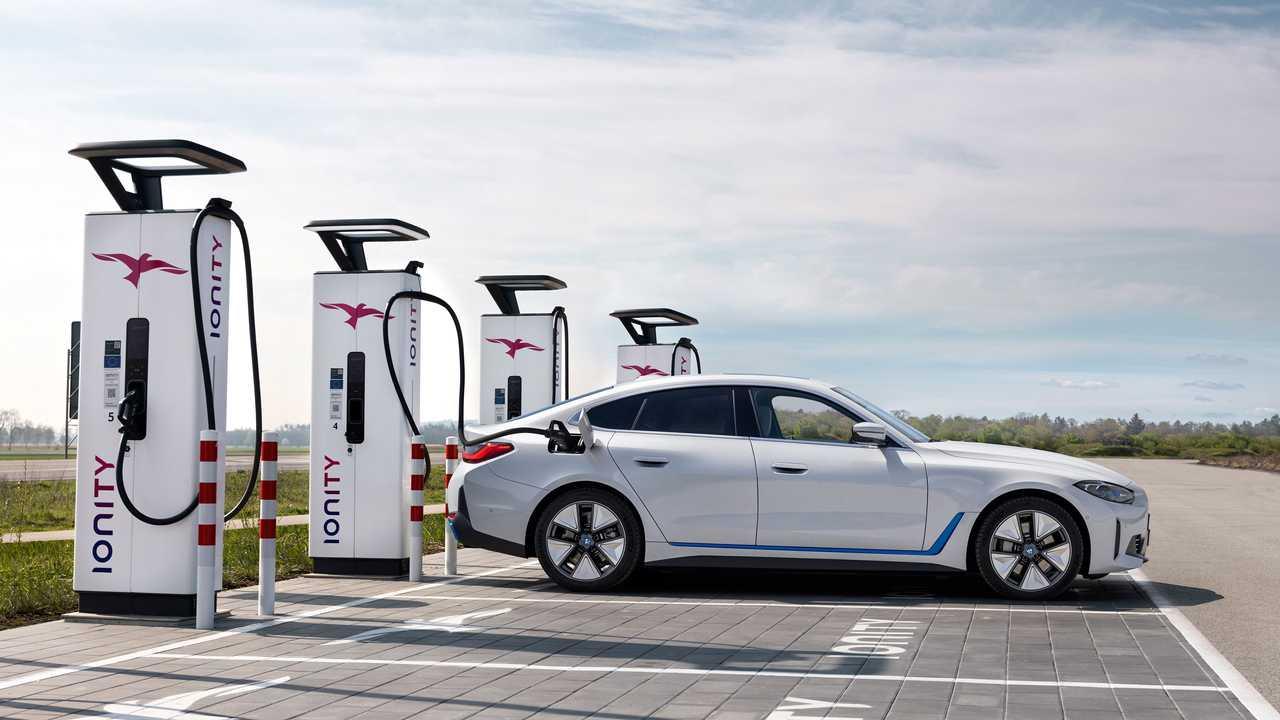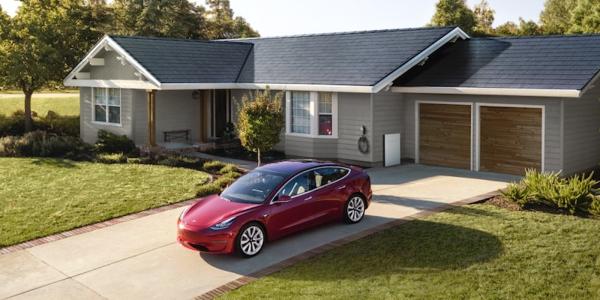-
Dec 2, 2021, 2:13 pm9.1k ptsInsanely Great Special Content
Special ContentAs a powerful tool throughout the fight against climate change, electric cars (EVs) are becoming increasingly popular. However, the impacts of EVs vary depending on where you are in the world. According to a recent study, electric vehicles cause the emission of more carbon dioxide into the atmosphere than gasoline vehicles in some countries. According to the REG, gas emissions produced by a petrol car and gas emissions generated by recharging an electric vehicle were compared. The study examined the emissions produced by recharging any Tesla Model to travel 100,000 meters with the pollution generated by driving an ordinary petrol car the same amount in a controlled environment.

Energy sources such as solar, hydroelectric and atomic electricity are frequently utilized in countries where recharging an electric automobile is more ecologically benign than driving a gasoline-powered vehicle. In terms of growth, the European Union is the region where electric car sales are expanding at the fastest rate possible, which is similarly popular to online mobile casinos in several European regions. In Poland and Albania, according to REG statistics, electric cars (EVs) actually emit more carbon dioxide than conventional vehicles, owing to the fact that their electric systems are highly reliant on coal. Some European countries, on the other hand, electric cars (EVs) are associated with fewer emissions than conventional automobiles. Carbon dioxide emissions are lowered in proportion to the kind of energy used to power electrical networks, as well as the time of day when automobiles are refuelled with gasoline or diesel.
Electrical power from nuclear and hydroelectric sources is used extensively in the countries that have witnessed the biggest decreases in carbon dioxide emissions as a result of electric vehicles. In fact, Switzerland was the first country to accomplish this, saving a whopping 100 percent on carbon emissions as compared to gasoline autos. Norway came in second with 98 percent of the vote, followed by France with 96 percent, Sweden with 95 percent, and Austria with 93 percent, according to the results. The study was based on publicly accessible figures on electricity use in Europe, as well as information from the European Economic Area.
Savings rates in Cyprus were four percent, Serbia was fifteen percent, Estonia was thirty-five percent, and the Netherlands was thirty-seven percent, according to the World Savings Report. An electric vehicle driver in Germany saves greenhouse emissions by 55% by driving a fuel vehicle. Germany generates power using a combination of renewable energy sources and coal. Germany and Spain generate a significant amount of power from solar and wind energy. The wind and sun, on either hand, do not contribute to a country's power grid in the same way during the day. As a result, the level of carbon dioxide avoided by operating an EV is dependent on what time they are recharged. It saves between 16 to 18% more carbon to charge in the evening, if there is more sunlight and breeze, than to charge at night, when electrical networks are much more inclined to be powered by gas or coal.
A study demonstrated that the capacity of the automobile sector to cut emissions is dependent on the type of fuel that country's power networks use to generate energy. There is still no solution for how to cut carbon dioxide emissions as well as how to retain some sources of renewable energy power in European nations' energy infrastructure. Over the past several years, the difference in emissions from electric and gasoline-powered automobiles has shrunk. Car manufacturers in Europe have been compelled to comply with EU carbon reduction guidelines. They've improved the efficiency of their gasoline engines by using less fuel. As a consequence, according to EEA data, the carbon dioxide emissions from new gasoline-powered automobiles in Europe reduced by an aggregate of 25% throughout 2006 and 2016.
Consumers are also concerned about whether there are enough charging stations along motorways and parking lots, as well as the burden on our power infrastructure and energy bills. There are presently very few electric vehicles on the road. Several regions have had more than others, however on the whole, about 1.5 percent of Europe's new automobile fleet delivered last year were fully electric (battery powered or hybrid-powered). Government incentives and a restriction on the production of new gasoline-powered autos after 2035 encourage the purchasing of electric vehicles in Europe. Approximately one out of every five autos sold in Europe during the period July through September of the following year will be an electric vehicle. Automobile manufacturers including Volkswagen, Stellantis and many more have set sales targets in Europe for the next several years, with electric vehicles expected to account for the vast majority of those sales. General Motors expects to have 100 percent new electric vehicles on the road by the year 2022, according to the company's projections.
Trending Today on EcoTopical
Leaf through planet Earths environmental headlines in one convenient place. Read, share and discover the latest on ecology, science and green living from the web's most popular sites.







